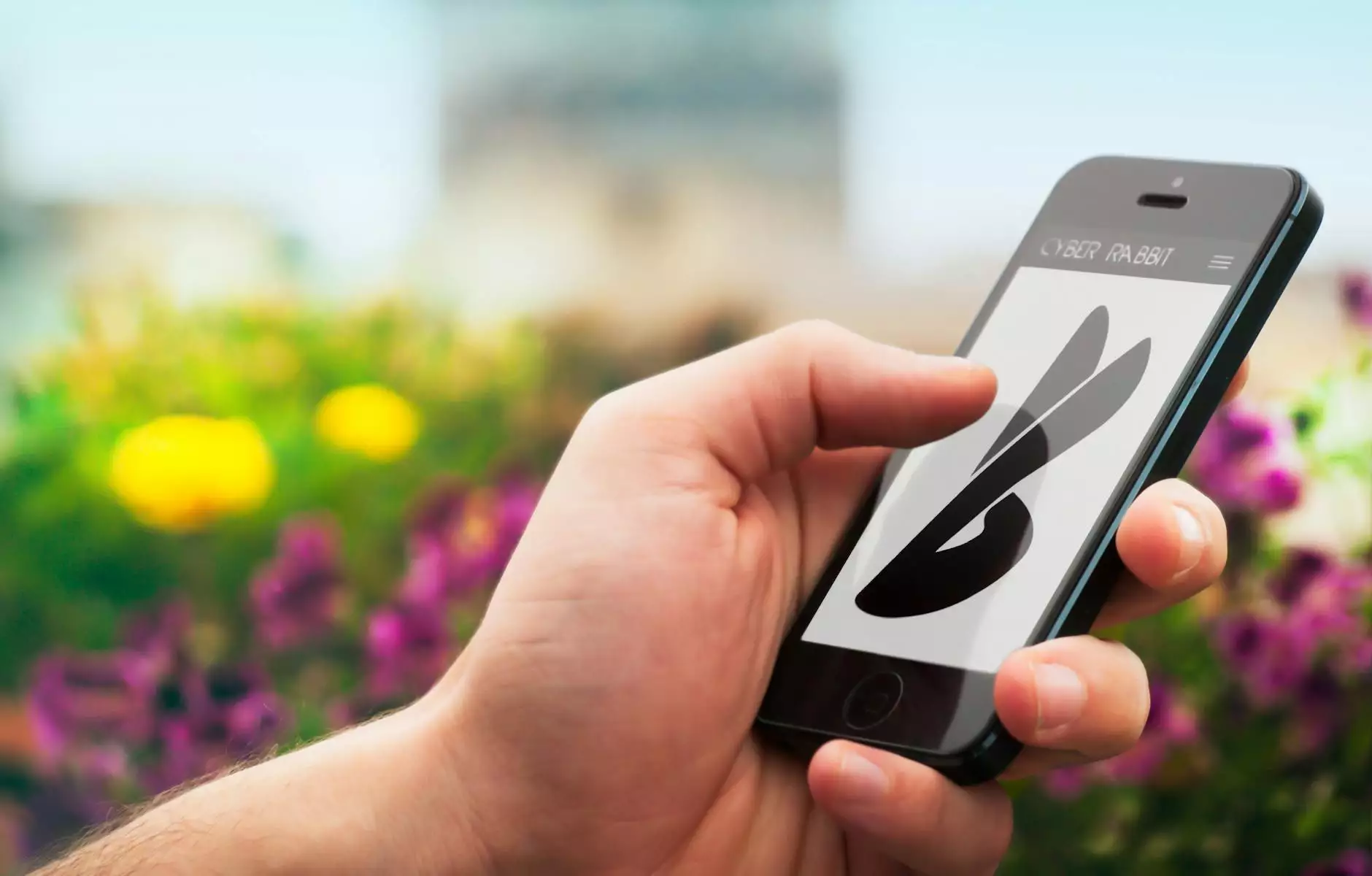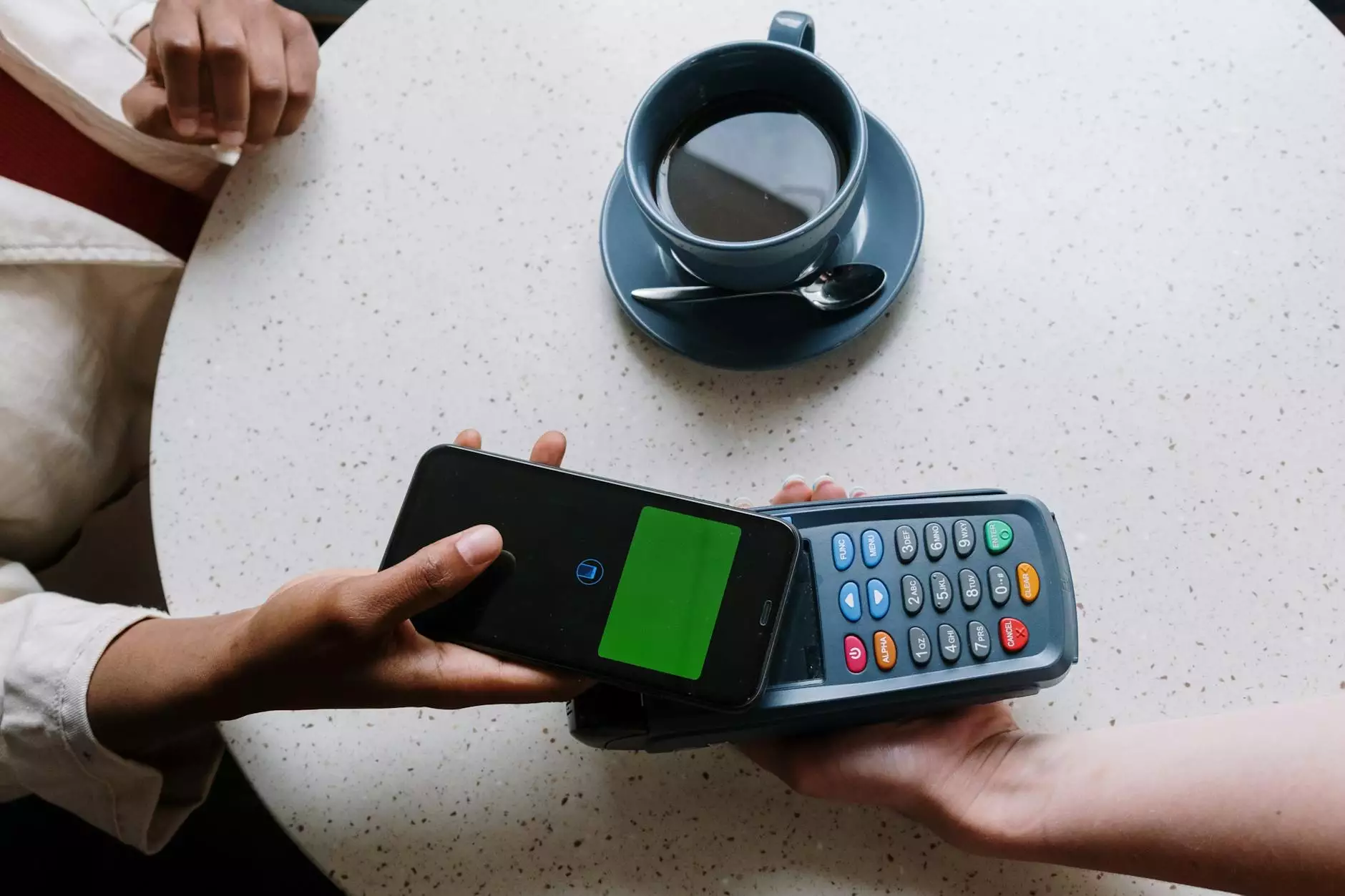How to Make a Booking App: A Comprehensive Guide

In today's fast-paced world, booking apps have become essential tools for businesses in various sectors, including hospitality, transportation, healthcare, and more. If you are looking to develop a booking app, this comprehensive guide will walk you through the entire process—from concept development to design, technical architecture, and marketing strategies. By following the strategies outlined in this article, you can create an application that stands out in the competitive landscape and attracts a loyal user base.
Understanding the Market
The first step in learning how to make a booking app is to understand your target market. Analyze existing booking applications and identify the following:
- Target Audience: Understand who your users are. Are they travelers, event organizers, patients looking for appointments, or restaurant-goers?
- Competitors: Research top competitors in the booking app space. Understand their features, user interface, and user experience. Learn from their successes and pitfalls.
- Market Trends: Keep an eye on emerging trends in mobile technology and user expectations. Technologies like AI, machine learning, and chatbots are changing how users interact with applications.
Defining Core Features
Once you have a solid understanding of your market, you can begin defining the core features that set your booking app apart. While each app will have its unique features based on the specific industry it serves, consider including the following fundamentals:
1. User Authentication
Allow users to create accounts and log in. Providing options for social media logins can streamline this process.
2. Search Functionality
Implement a robust search feature that enables users to filter options based on their preferences, such as location, date, price, and other criteria relevant to your industry.
3. Real-Time Availability
Show users real-time availability of bookings. Whether it’s hotel rooms, flight seats, or a spot at a restaurant, users appreciate knowing what’s available right now.
4. Secure Payment Integration
Integrate reliable payment gateways to facilitate secure transactions. Use trusted payment processors like Stripe, PayPal, or Square.
5. Notifications and Reminders
Send automated notifications to remind users of their bookings, upcoming events, or appointments. This feature can enhance user engagement.
6. User Reviews and Ratings
Incorporate a system for users to leave reviews and ratings. This helps in building trust and aiding potential customers in making informed decisions.
Choosing the Right Technology Stack
Understanding how to make a booking app also involves selecting the appropriate technology stack. The choice of technologies will impact the app’s performance, scalability, and future updates. Here are some popular options:
Frontend Development
For the frontend, consider using:
- React Native: Ideal for cross-platform apps, allowing you to deploy on both iOS and Android simultaneously.
- Flutter: Google's UI toolkit for natively compiled applications with a beautiful and smooth interface.
Backend Development
The backend can be developed using:
- Node.js: Known for its speed and efficiency, making it perfect for real-time data applications.
- Django: A high-level Python web framework that encourages rapid development.
Database Management
Your database can be managed with:
- MongoDB: A NoSQL database that facilitates data storage for applications that require flexibility and scalability.
- PostgreSQL: A powerful, open-source relational database suited for complex queries and transactional concerns.
Designing the User Experience
Creating an intuitive and engaging user experience (UX) is crucial in how to make a booking app successful. The design should guide users effortlessly through the booking process. Here are some vital components:
1. User-Centric Design
Employ user-centric design principles. Understand user journeys and make navigation intuitive. Use wireframes and prototypes to visualize the user flow.
2. Visual Appeal
Invest in a visually appealing yet functional design. Use consistent color schemes, fonts, and imagery that resonate with your brand identity.
3. Responsive Design
Ensure your app is responsive and offers a seamless experience across various devices and screen sizes.
4. Accessibility
Make your app accessible to as many users as possible, including those with disabilities. Follow accessibility guidelines to enhance usability.
Testing and Quality Assurance
Testing is a critical phase when learning how to make a booking app. Rigorous testing ensures that your app runs smoothly and provides a good user experience:
1. Functional Testing
Check all features and functionalities to make sure they work as intended. Include unit testing and integration testing in your strategy.
2. Performance Testing
Assess how the app performs under various conditions. Look for loading times, responsiveness, and stability.
3. User Acceptance Testing (UAT)
Conduct UAT with a group of target users to gather feedback and identify any areas for improvement before the official launch.
Launching Your Booking App
After thorough testing, you're ready to launch the app. However, a successful launch requires proper planning:
1. Marketing Strategy
Develop a detailed marketing strategy that includes:
- Social Media Campaigns
- Email Marketing
- Influencer Partnerships
2. App Store Optimization (ASO)
Optimize your app page with relevant keywords, including how to make a booking app to improve visibility in app stores.
3. Feedback Loop
Encourage users to provide feedback. Use this feedback to make iterative improvements to the app.
Post-Launch Strategies
After launching, continue to engage with users and look for ways to enhance their experience. Consider the following:
1. Regular Updates
Continuously update your app by adding new features based on user feedback and technological advancements.
2. Customer Support
Establish an effective customer support system to help users with any issues that may arise, enhancing user satisfaction.
3. Analytics and Improvement
Implement analytics to track user behavior and app performance. Use data-driven insights to enhance future iterations of your app.
Conclusion
Developing a booking app is a multi-faceted process that requires attention to detail, market understanding, user experience design, robust technology choices, and iterative improvement. By following this comprehensive guide on how to make a booking app, you can position your application for success in a competitive marketplace.
With the insights provided, you're now equipped to embark on your app development journey. Remember that the landscape of mobile applications is always evolving, so staying informed and adaptable will ensure sustained growth and success.
Explore More with Nandbox
If you're looking to partner with experts in the field of software development to create your booking app, consider Nandbox. Our team specializes in mobile phone applications and software development tailored to your business needs, merging creativity with cutting-edge technology.



